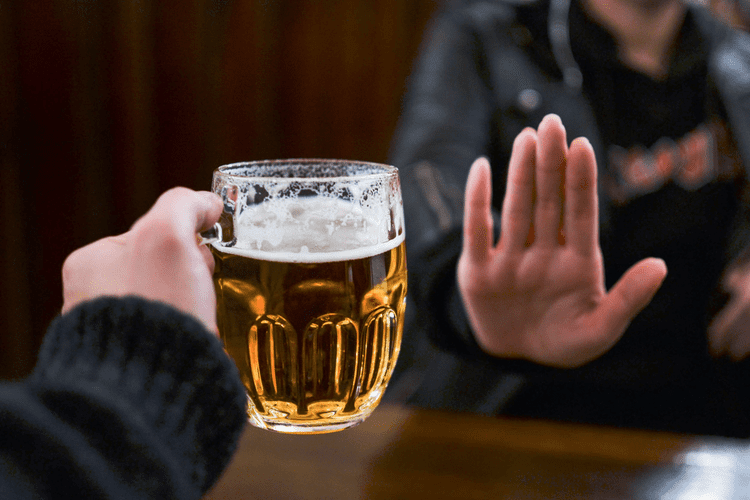Here, we will explore how individuals can address these issues and seek professional support to aid their recovery process. Withdrawal symptoms are a common challenge faced by individuals in addiction recovery. These symptoms occur when a person stops using substances that their body has become dependent on. Recognizing withdrawal symptoms and implementing effective coping strategies are essential steps in overcoming this challenge. By developing effective coping strategies for triggers, you’re building a strong foundation for long-term sobriety.
How to maintain a healthy lifestyle during recovery
- They may be more likely to engage in self-destructive behaviors such as binge drinking or drug use to cope with the stress of sobriety.
- Exploring alternative social activities that do not center around substance use can also provide safe and enjoyable ways to connect with others.
- This includes integrating healthy activities such as regular exercise, balanced nutrition, and sufficient sleep.
Life is unpredictable, and rigidity can lead to stress if things don’t go as planned. Our Sober https://cecillephotography.com/socializing-without-alcohol/ Skills program has helped many people in the same shoes. The wealth of support and resources in the room is a powerful reminder that you’re not alone in your struggles.
How to Maintain Long-Term Sobriety and Avoid Relapse

While this process is challenging, it is entirely possible with the right support and structured treatment programs. Choosing sobriety is one of the most powerful decisions you can make for yourself, but it’s not a one-time choice—it’s a lifelong commitment. Whether you’re just starting out or have been sober for years, remember that every day is a step toward greater health, happiness, and peace. Seeking professional support is essential for individuals facing emotional and mental health challenges in addiction recovery. Licensed therapists, counselors, and psychiatrists experienced in addiction can provide the necessary guidance and support throughout the recovery process.
Additional tips for staying sober

They help individuals recognize triggers and high-risk situations that could jeopardize their recovery, providing strategies to cope effectively. A relapse prevention plan is a personalized strategy that prepares you for challenging moments. It involves identifying potential triggers, warning signs, and establishing specific coping mechanisms. Plan healthy, rewarding, stimulating activities such as taking a walk, spending time in nature, reading, or journaling. Keeping busy helps diminish the temptation of returning to substance abuse. Moreover, attending AA/NA meetings regularly will help you build relationships with others in drinking again after sobriety recovery while learning valuable tools for maintaining your sobriety along the way.
Why Acceptance and Commitment Therapy is Effective in Recovery
In recovery, Substance abuse cultivating positive mental habits can greatly enhance emotional well-being. Practicing gratitude involves regularly acknowledging and appreciating the good aspects of life, which fosters a hopeful outlook and reduces feelings of despair. Early and ongoing mental health support significantly lowers the chances of relapse. It also improves emotional well-being, enhances self-esteem, and builds resilience. Strategies include avoiding old routines and environments, building healthy relationships, establishing a structured daily routine, and developing new hobbies that promote fulfillment.
The stress of everyday life, which may have previously been numbed by substance use, can feel overwhelming in sobriety. Learning to cope with stress, anxiety, and depression without turning to substances is a crucial skill in recovery, but it’s one that takes time and effort to develop. To counteract social pressure, individuals often need to reevaluate their social circles and avoid triggering environments.
